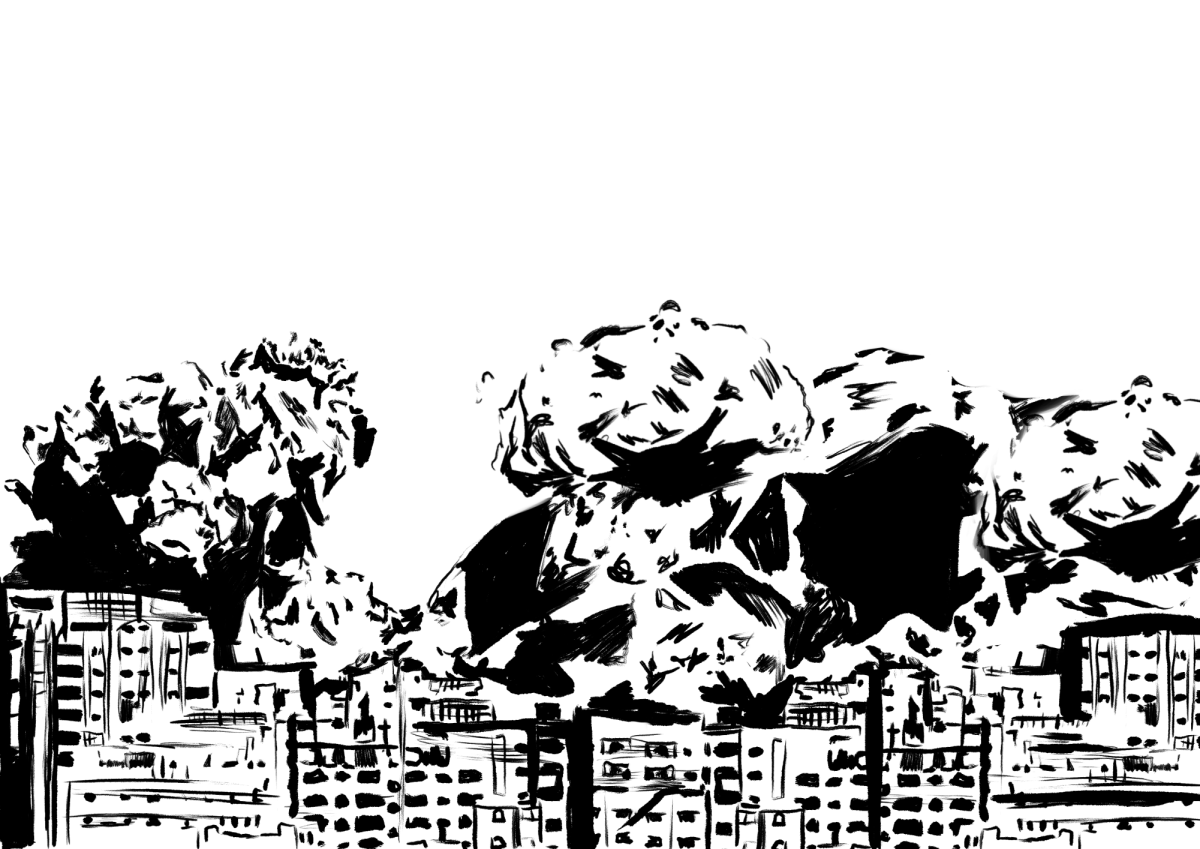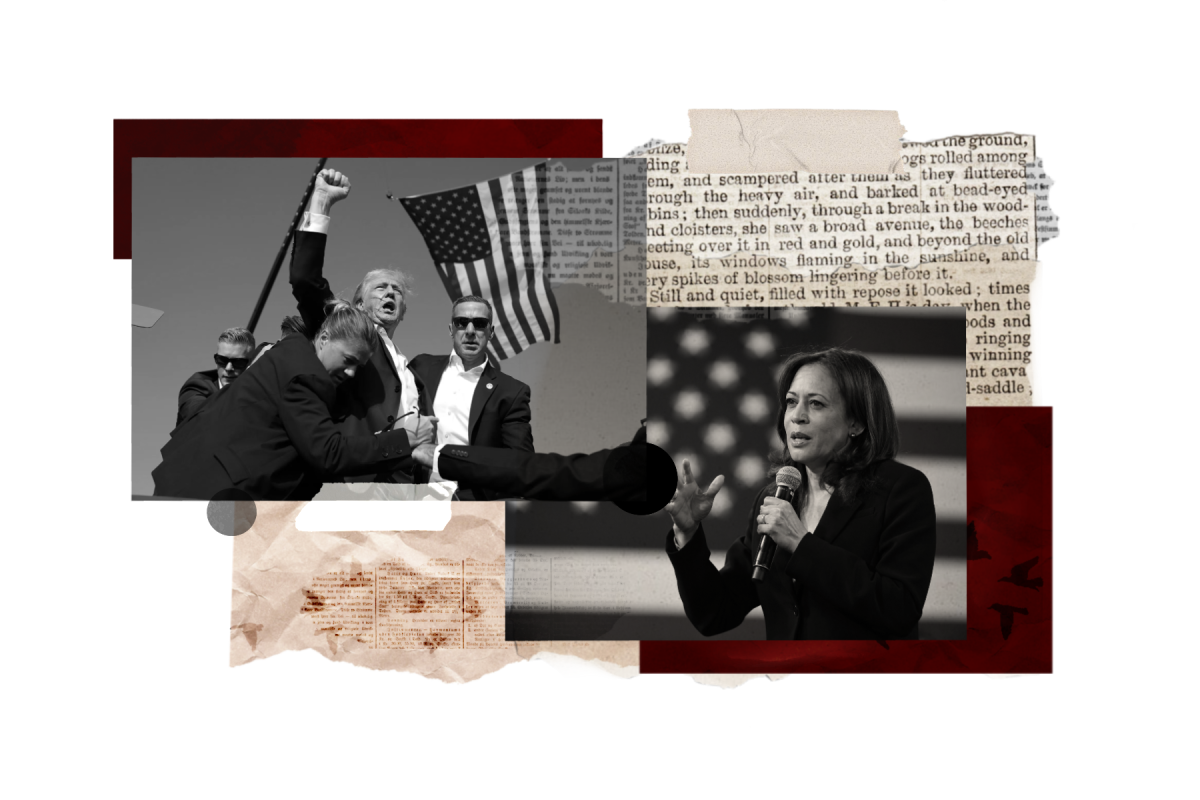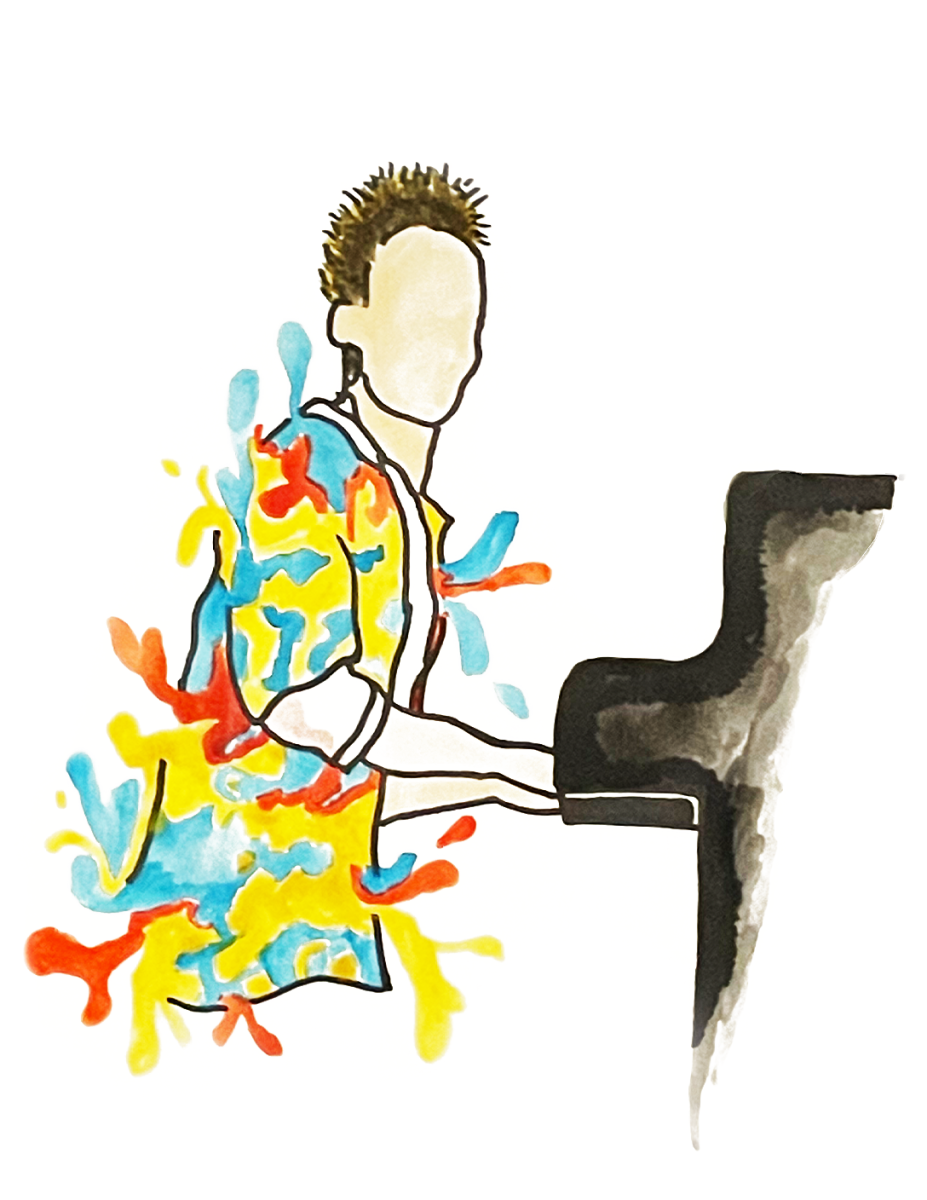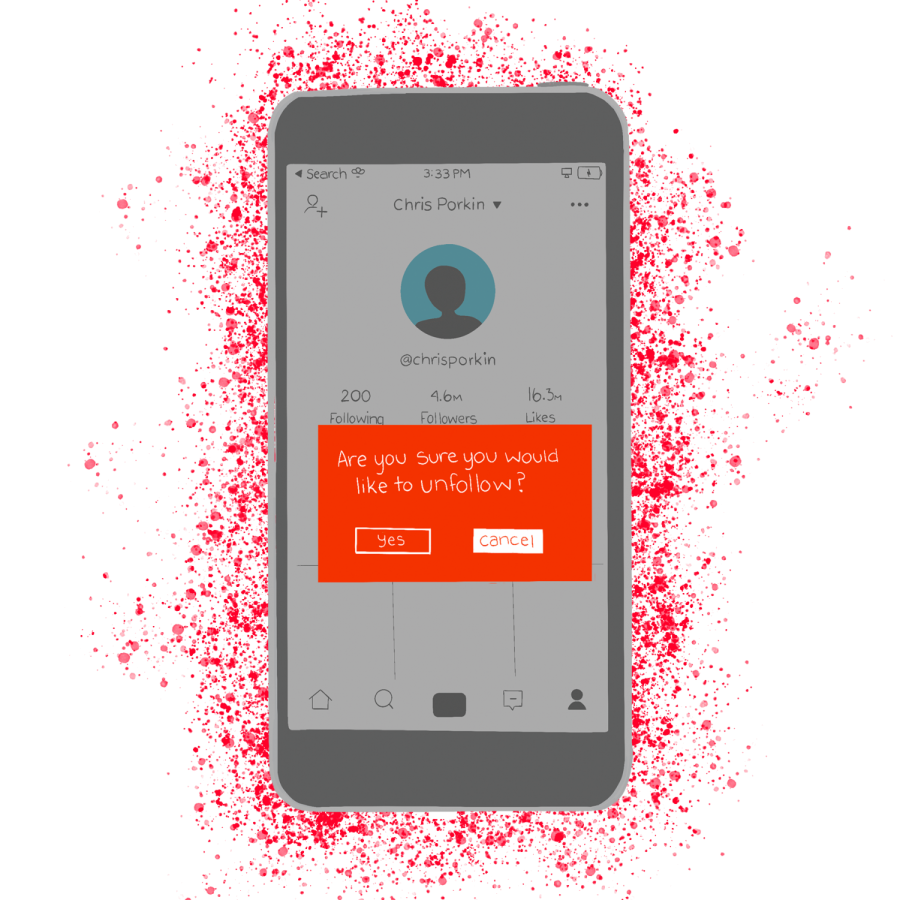Cancelled
Could you be cancelled for getting Chick-fil-A? Everything seems to be cancelled nowadays… What does that mean?
Whether the original intent of cancel culture was to make sure that rich and powerful face repercussions for their actions, spread gossip, or increase publicity, the only thing to do is choose whether or not to participate.
November 17, 2021
When opening Twitter, Instagram, Facebook, Snapchat, Tik Tok, or almost any type of communicative app, the word or hashtag of cancelled is virtually bound to pop up. An un-ecological brand is cancelled, a new company is problematic, newly uncovered evidence shows a popular comedian doing something insensitive.
Cancel culture is a social construct that occurs online, in politics and in real life. A group or individual is deemed problematic by an audience, and the viewers collectively boycott the brand and content as a form of protest.
“When someone in the public eye makes a mistake and people take on a mob mentality to ‘cancel them’ or attempt to end their career,” said junior Molly Morouse.
On May 5, 2020, in New York City, N.Y., a white woman named Amy Cooper became “Central Park Karen” after a disturbing incident. People nearby filmed as Cooper called the police and threatened an innocent Black man who asked her to put a leash on her dog.
“I’m gonna tell them an African-American man is threatening my life,” Cooper said during the event. The footage quickly circled social media, and reposts were everywhere.
Cooper ended up losing her job after being cancelled. The media, and those in her personal life, held Cooper accountable for her rude actions.
The cancel-culture movement formed to pursue justice, though not all cancel-culture events end in virtuous outcomes. If someone is cancelled but learns their lesson, should their career or life be diminished?
The label of cancel culture has been around since 2016. Even though the term has only been common recently, cancel culture has always existed, though it has taken many different forms throughout society. Any action of cancelling a person in power due to collective disagreement is considered cancelling in pursuit of justice.
Many view cancel culture as an opportunity to hold people accountable for their actions, especially with prominent personalities who have the resources to defend themselves but are deemed unworthy to control their public platform.
Frequently, when the media cancels a protected profile, all it does is lead to more views and an influx of publicity to the figure. Cancelling someone does not always mean they will learn their lesson and be more careful on social media; some stars thrive on having a problematic label.
“I think I’ve noticed that no one is ever fully cancelled. It seems like everyone just bounces back and eventually have the following that they had before,” Molly said. Most of the time, cancel culture is ineffective in the long term.
Kevin Hart was cancelled in December, 2018 when offensive tweets resurfaced the internet. He was cancelled shortly after and stepped down from a hosting job at the 2019 Oscars. After issuing public apologies, his career was unpaused, and his status and paycheck resumed.
Anyone on the internet can point their finger at something, and users behind the screen will gang up against it. Innocent people are cancelled, and liable people get away with their actions because of social status.
Disorientation is caused as viewers can’t tell if a headline is accurate or a false accusation. This confusion happens all over social media and is often based on fake news or faulty evidence. Modern cancel culture is fickle, sometimes creating valuable changes and other times igniting five-minute trends that target people.
“I think that if I was canceled online I would be incredibly scared because there is no way to control how the people online feel about you… I think that the experience would be incredibly uncomfortable and intense and I hope I never have to go through it,” freshman Olivia de Ponce said. The fear of being cancelled hits almost all social media users. If one makes a mistake or misspeaks in their youth, there is always a chance it can come back and bite them later on.
Political correctness is constantly advancing. There is a lot of peer pressure, especially for young social media users, to be morally sound in cancel culture movements. Deciding whether or not to unfollow a celebrity when the internet goes on a rampage can be tough to navigate.
Using the term cancelled does not always concern a pressing issue. “Recently, I’ve been using the term cancelled with my friends,” said Molly “For example, if one of my friends goes to Starbucks and doesn’t get me something, I’ll say they’re cancelled, but it’s never in a serious way.”
Whether the original intent of cancel culture was to make sure that rich and powerful face repercussions for their actions, spread gossip, or increase publicity, the only thing to do is choose whether or not to participate.



































